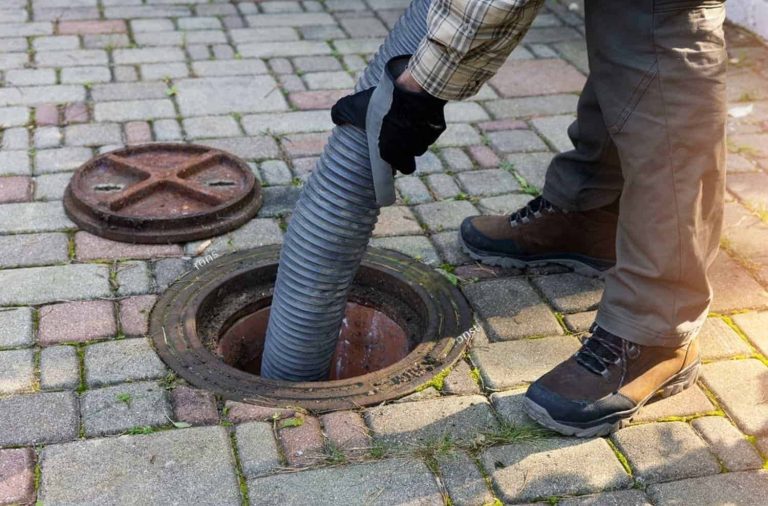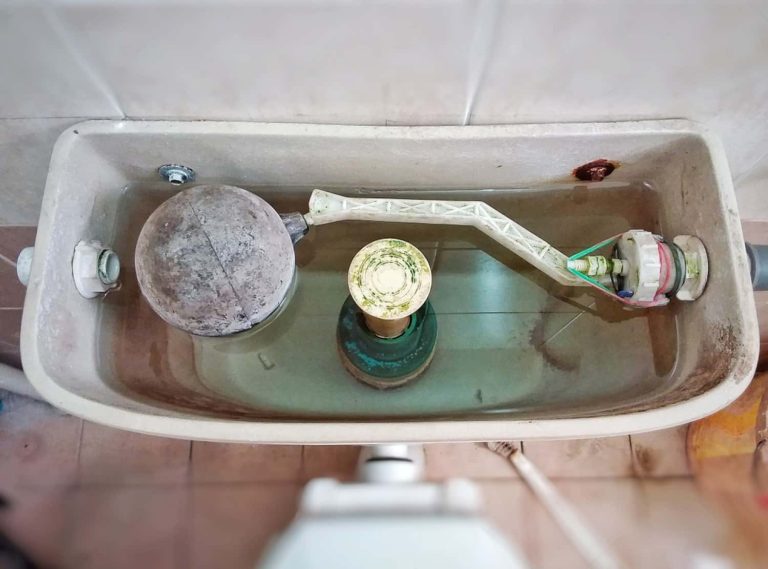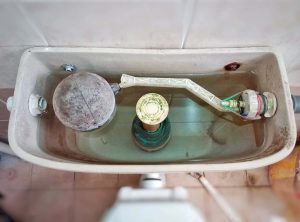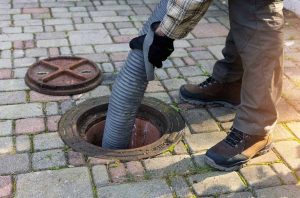A septic tank is a vital component of your home’s wastewater system. It collects and breaks down waste, allowing it to safely filter back into the soil. However, it requires regular maintenance to keep everything running smoothly.
One key aspect of maintaining your septic tank is septic tank pumping, a process that removes the accumulated waste from the tank. But how often should septic tank cleanout be done? Let’s break down everything you need to know.
Why Is Septic Tank Pumping Important?
Septic tank pumping is crucial for ensuring that your system functions properly. Over time, sludge and scum build up in the tank, reducing its capacity to filter wastewater efficiently. If left unchecked, this can cause blockages, system backups, and costly repairs.
Regular pumping helps prevent these issues, extending the lifespan of your septic system and ensuring that wastewater is treated safely and effectively
How Often Should You Clean a Septic Tank?
The frequency of septic tank should be clean depends on several factors, including:
- Tank Size: Larger tanks generally need pumping less frequently.
- Household Size: More people mean more waste, which leads to faster buildup.
- Water Usage: If you have a high water usage, such as running a washing machine or dishwasher frequently, you may need pumping more often.
- Type of Waste: If you dispose of grease, chemicals, or non-biodegradable items down your drains, it can lead to faster sludge buildup.
On average, homeowners should schedule septic tank pumping every 3 to 5 years. However, larger households or those using more water may need to pump their tank more frequently. To be safe, it’s always a good idea to check with a professional to determine the optimal schedule for your system.
Signs That Your Septic Tank Needs Pumping
While the general rule is to pump every 3 to 5 years, there are warning signs that your septic tank might be full and needs immediate attention:
- Slow Drains: If the water in your sinks, toilets, or tubs drains slowly, it could be a sign of a clog caused by a full tank.
- Foul Odors: Unpleasant smells around your drains, yard, or septic tank could indicate a problem.
- Pooling Water: Water pooling around your drain field is often a sign that the tank is full, and waste cannot be processed properly.
- Sewage Backup: This is the most obvious sign that your septic system is failing and requires immediate pumping.
How Much Does Septic Tank Pumping Cost?
The cost varies based on your location, tank size, and the company you hire. On average, septic tank pumping costs range from $200 to $500. For larger tanks or emergency services, the cost may be higher. It’s essential to get a quote from a licensed professional before scheduling an appointment.
Here are some other cost factors to consider:
- Type of Tank: More complex septic systems, like those with multiple compartments, can cost more to pump.
- Emergency Services: If you need same-day septic tank pumping, expect to pay a premium for expedited service.
Preparing Your Property for a Pumping Appointment
Preparing your home for septic tank pumping can help the process go smoothly:
- Clear the Area: Ensure that the area around the septic tank is accessible to the service truck. Remove any debris or obstructions.
- Locate the Tank: If you’re unsure of the septic tank’s location, check with the installer or a septic service professional.
- Reduce Water Usage: To make pumping more effective, try to limit water usage in the days leading up to the service.
DIY vs. Professional Septic Tank Cleanout
While you may consider DIY septic tank pumping, it’s highly recommended to hire a professional. The process of removing waste and cleaning the tank requires specialized equipment and expertise to avoid damage to the tank or surrounding environment.
Furthermore, professionals can identify potential issues with your system that you might overlook.
Benefits of Regular Septic Tank Pumping
Routine septic tank pumping offers several advantages, including:
- Prevents System Failure: Regular pumping reduces the risk of blockages, backups, and expensive repairs.
- Increases System Longevity: By maintaining your septic tank, you ensure that it functions optimally for years to come.
- Protects the Environment: Properly maintained septic systems safely filter waste back into the ground, preventing contamination of groundwater and surrounding areas.
Regular pumping not only prevents costly repairs but also protects your home’s plumbing and the environment. If you notice any warning signs or it’s been a while since your last pump, don’t hesitate to contact a Plumbing Services Provider. A little maintenance today can save you a lot of headaches tomorrow.
Make sure to consult licensed and reputable professionals to keep your system running smoothly.












